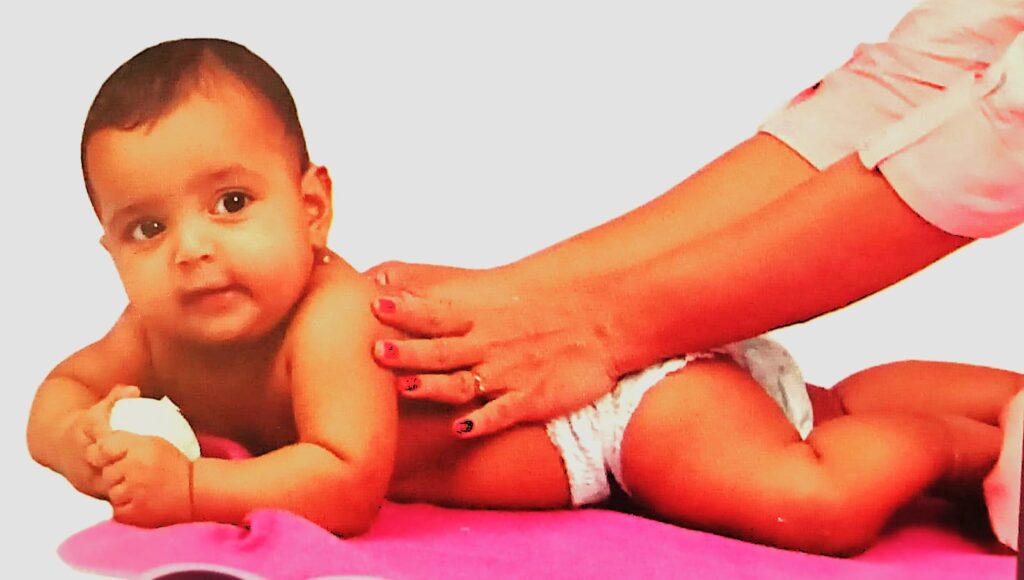Welcoming a new baby into the family is one of the most joyful experiences of life. Along with happiness, it also brings new responsibilities for the mother and her newborn. Proper care in the first few weeks after delivery is very important because it ensures the health, recovery, and overall well-being of both mother and baby. In this guide, we will cover essential mother care tips and newborn care tips, designed to help new parents feel confident and prepared. https://ksamdha.com/
👩🍼 Mother Care Tips
1 – Rest & Recovery – Try to rest as much as possible; sleep when the baby sleeps.
2- Healthy Diet – Eat balanced meals rich in protein, vitamins, and iron for healing and energy.
- A well-balanced diet helps in faster recovery and provides energy. Include:
- Protein-rich foods (milk, eggs, pulses, lean meat) for tissue repair.
- Iron-rich foods (green leafy vegetables, jaggery, dates) to prevent anemia.
- Fresh fruits and vegetables for vitamins and minerals.
- Whole grains for energy.
3- Hydration – Drink plenty of water, especially if breastfeeding.
4- Hygiene – Maintain personal hygiene to prevent infections.
5- Postnatal Checkups – Attend follow-up visits to monitor recovery and overall health.
6- Breast Care – Keep nipples clean and dry, and manage soreness with warm compresses.
7- Emotional Well-being – Talk about feelings with family, friends, or healthcare providers; seek help if feeling depressed.
8 – Exercise – Light exercises and walking help improve mood and strengthen the body (as advised by doctor).
mother care tips and newborn care tips
CARE OF NEWBORN
Oil Massage
- Oil massage has multiple benefits FOR BABY .
- Oil massage is to be avoided in summer, if redness is present.
- Mustard oil has been shown to cause irritant and allergic contact dermatitis while olive oil is reported to cause erythema and disruption in skin barrier function.

BATHING
- WHO recommends first bath should be delayed until 24 hours after birth for term babies more than 2.5 kgs.
- Gentle massage before bathing can be carried out.
- Bath not exceeding beyond 15 minutes is preferred.
- Keep everything ready (water, bath towels etc.) before you undress and start bathing the baby in a warm room.
- Check temperature of the water by using your hands.
- Liquid cleansers with acidic and neutral pH are recommended.
After bathing the baby should be immediately dried from head to foot.

CARE OF UMBILICAL CORD
- Umbilical cord should be kept dry and clean.
- WHO recommends nothing to be applied on the cord stump.
- The diaper should be cladded below the stump.
- Contact the doctor if your baby has fever and cord is red and swollen, oozing pus and bleeding, or having discharge.
CARE OF DIAPER AREA
- The diaper area should always be kept clean and dry.
- Clean with Moistened cloth or cotton ball soaked in lukewarm water. Dry soft cloth can be used to pat dry the skin.
- Diapers should be changed frequently (2 hours in newborns, 3 hours in infants) to prevent the diaper rash.
- Cloth napkins and frequent exposure to air are preferable.
CARE OF THE SCALP
- First hair wash can be given once the cord falls off.
- Can be given once or twice a week or as and when required.
SCREEN TIME GUIDELINES
- AAP (American Academy of Paediatrics )recommends no screen time under 2 years.
- WHO recommends no more than one hour of screen time per day between 2-4 years of age.

RED FLAGS FOR BEHAVIOUR
Extreme Separation anxiety
- Extreme distress while separating from you.
- Symptoms lasting for several months.
- Impacting normal activities (school, friendships and family relationships).
Difficulty with transitions
- Difficulty focussing and listening while transitions.
- Extremely upset while having transition from one activity to another.
Social concerns
- Little interest in playing with children.
- Poor body awareness that impacts the relationship with peers.
- Failure to initiate and participate in activities.
- Difficulty in making eye contacts with others.
- Failure to follow rules or listen to directions and often argumentative with adults.
Attention concerns
- Difficulty completing tasks and following directives on daily basis.
- Easily distracted and has difficulty concentrating or focussing on activities.
Over aggressiveness
- Temper tantrums lasting for more than 5-10 minutes.
- Excessive anger through threats hitting, biting, damaging property or harming others.
Burping
Always burp the baby after feeding to prevent colic.
